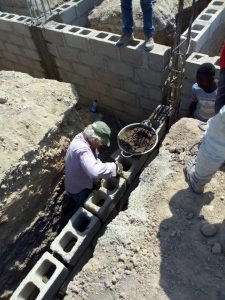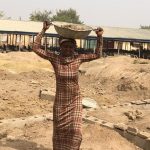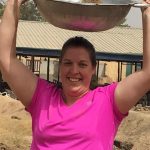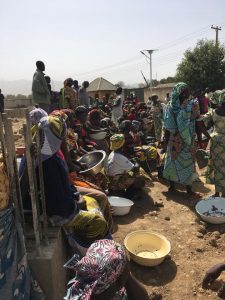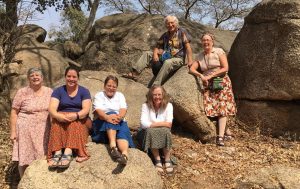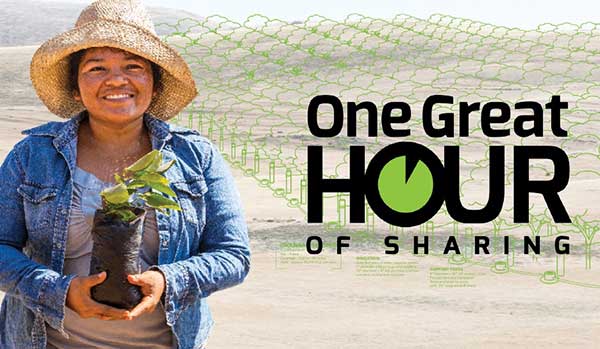
By Craig Thompson
By the Rev. Thea Leticia Racelis
“Now to God be the glory, who by the power at work within us is able to accomplish abundantly far more than all we can ask or imagine” (Ephesians 3:20).
It is easy to feel overwhelmed when we look at all the areas of need in the world. There is hunger, sickness, decay, and injustice in so many communities. It is easy to feel that we are too small and too insignificant to make a difference and believe that nothing we do can help.
But there is hope! Better yet: we are that hope! As the Apostle Paul writes, “by the power at work within us,” God is able to “accomplish abundantly more than we can ask or imagine” (Ephesians 3:20).
Archbishop Desmond Tutu put it succinctly when he wrote, “We are the agents of transformation that God uses to transfigure the world.” We know that we are part of God’s answer to the need in the world! As followers of Jesus, we know that God’s dream for all people is not that we would strive to be separate, caring only for ourselves, but that in community, we would practice love and compassion. When we share our resources, there is enough for us all! We share our resources because, as Brian Peterson writes: “we are not simply filled ‘with’ God’s fullness as something to make us feel satisfied and content, but we are filled for the goal of God’s fullness in and for the world.”
We are all connected, and we derive our identity from God “from whom every family in heaven and on earth derives its name” (Ephesians 3:14b). We are all part of the family of God whether we live in an agricultural community in Nicaragua or in a bustling city in the United States.
Paul’s letter to the Ephesians reminds us that we do not act alone. We act as the church, a gathering of God’s people, still living into Paul’s prayer and being “rooted and established in love” (Ephesians 3:17b). John Stott shares, “Paul likens [the Christians of Ephesus] first to a well-rooted tree, and then to a well-built house. In both cases, the unseen cause of their stability will be the same: love. Love is to be the soil in which their life is to be rooted; love is to be the foundation on which their life is built.”
As Christians, living into this loving legacy, we act out of faith knowing that God is using our contributions in ways that we can’t foresee and multiplying blessings in ways we would never expect. We act knowing that we are part of God’s imagination.
Will you be part of God’s dream for the world? Will you accept the invitation to make a difference and see what God will do with our giving?
We pray that you and your congregation will be inspired to give to One Great Hour of Sharing with hopeful expectation of what God will do. It will surely be more than we could imagine.
This theme interpretation was written for the 2018 One Great Hour of Sharing. Find this and other worship resources for the offering at www.brethren.org/oghs. Give today at www.brethren.org/giveoffering .



